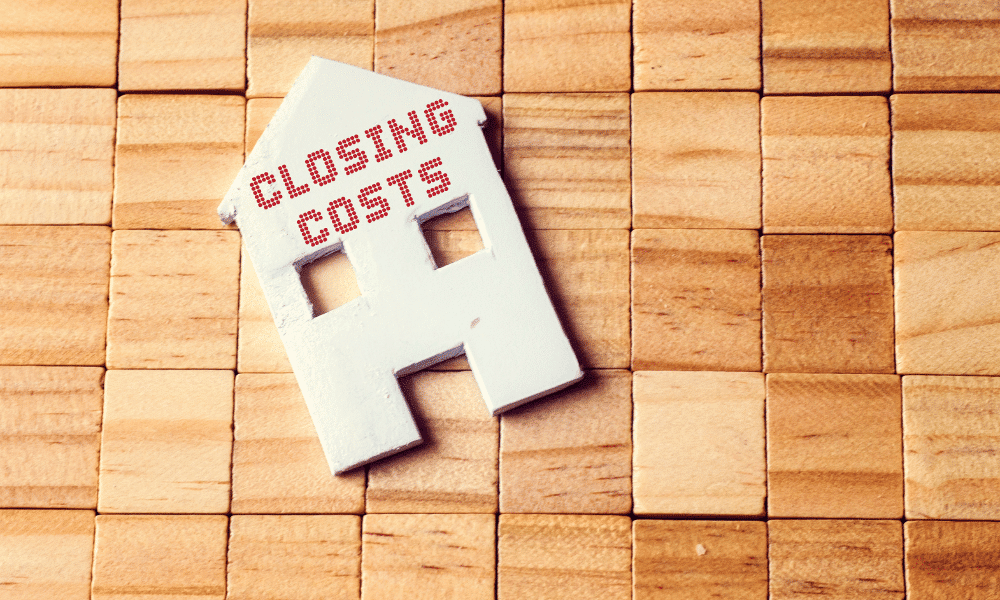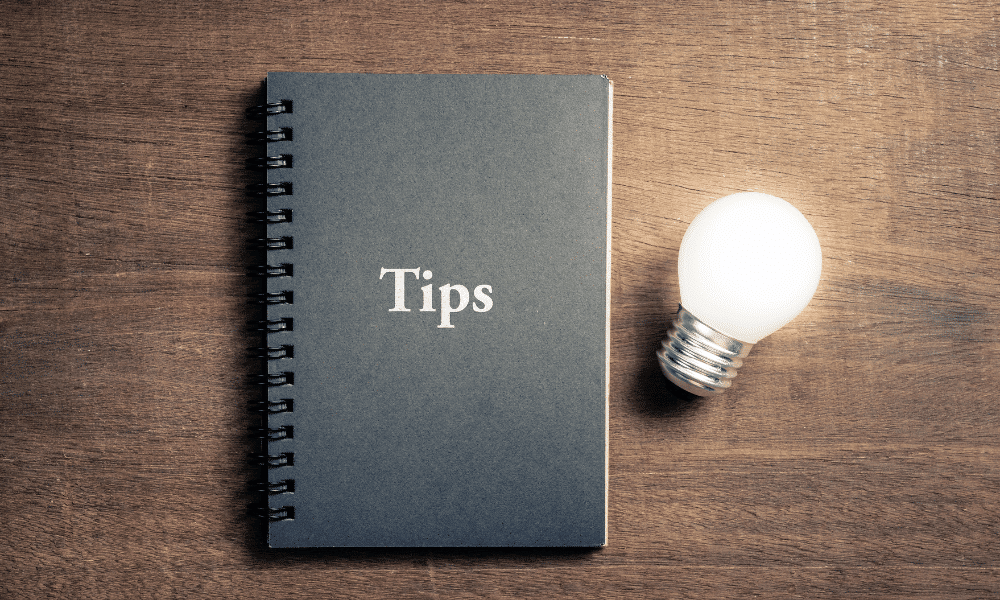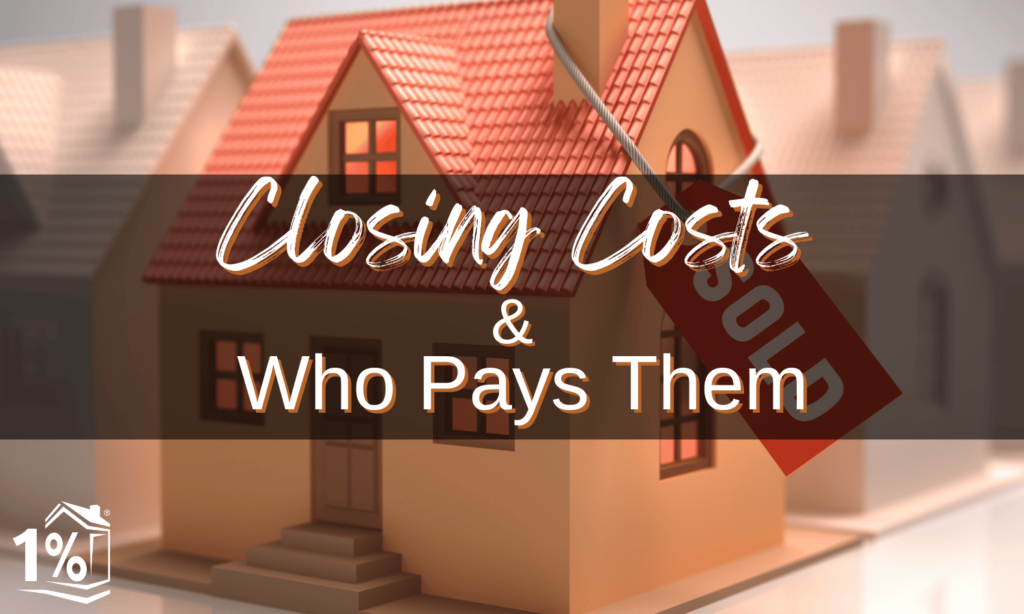When buying or selling a home, it’s important to consider all the costs involved. Of course down payments and repairs may seem like obvious expenses. However, there are other fees that need to be covered before the deal is finalized.
These are known as closing costs and they can be confusing, especially for those who are new to the process. Who pays closing costs, you might ask? Well, the answer is that both the buyer and seller are responsible, although the specific fees and amounts can vary.
Here, we’ll break down who pays for what when it comes to closing costs. Additionally, we’ll answer some common questions along the way.

What are closing costs?
Closing costs are the various expenses that arise during the finalization of a real estate transaction. The specific fees can vary depending on the location and type of property being sold.
In the following section, we’ll explore the typical closing costs that are associated with any home sale. We’ll also discuss who is usually responsible for paying them, and the methods of payment that are commonly used.
What the buyers pays
When it comes to closing a home sale, buyers are typically responsible for paying various expenses. Many of these are related to obtaining a home loan. It’s important to keep in mind that these costs are generally paid out of pocket.
Here is a breakdown of some of the most common buyer costs associated with closing:
- Attorney fees: Real estate attorneys can assist with contract review, title search, and closing documentation. Typically, they charge hourly rates, but some tasks may have a fixed fee.
- Home inspection fee: As a buyer, it’s crucial to have a home inspection to assess the property’s condition. At closing, you’ll be responsible for paying the inspector’s fee.
- Appraisal fee: If you’re applying for a mortgage, the bank will require an appraisal to determine the property’s value.
- Underwriting and credit reporting fees: Lenders may charge fees for running a credit check and other tasks associated with your loan.
- Prepaid interest: This refers to the interest accumulated between the closing date and the first mortgage payment.
- Homeowners insurance: Lenders may mandate a homeowners insurance policy, with the first premium payment due at closing.
- Title search and insurance fee: Title insurance covers any future claims or issues related to the property title. While lender’s title insurance is typically mandatory, buyers may opt for owner’s title insurance for extra protection.
What the seller pays
On the other hand, the seller is typically responsible for paying certain closing costs. These are generally deducted from the sale of the home. Here are some of the costs that sellers usually cover:
- Realtor commissions: Both the buyer’s and seller’s agents receive a commission for their involvement in the home sale. Typically, sellers pay a percentage of the final purchase price for both commissions.
- Title fees: These fees are associated with transferring the home’s title from the seller to the buyer.
- Homeowners association fees: If the home is located in a community with an HOA, any outstanding fees are paid at closing.
- Property taxes: Any unpaid property taxes are paid at closing to bring them up to date.
Although the list of fees that buyers pay may be longer, they typically have lower overall closing costs. Keep in mind that these fees are strictly for closing. They do not include any down payment, which is considered a separate cost.
How much do these closing costs add up to?
Closing costs for a home sale can vary depending on the location and type of property being sold. Sellers generally pay between 6% to 10% of the home’s purchase price at closing. Conversely, buyers can expect to pay between 2% to 5% of the sale price.
For example, if a property is being sold for $250,000, a buyer’s closing costs would typically range from $5,000 to $12,500. Meanwhile, sellers can expect to pay anywhere from $15,000 to $25,000.
Unfortunately, buyers often don’t receive a clear estimate of their closing costs until just a few days before closing. Sellers may have a better understanding of their costs through a seller’s net sheet.
Loan type will affect the buyer costs
As we mentioned earlier, closing costs for a buyer are generally between 2% and 5% of the home’s purchase price. However, this estimate assumes that the buyer is obtaining a conventional loan. The type of mortgage that a buyer chooses can have a significant impact on the closing costs they will face.
For small down payments, the lender may require additional fees to be paid in case of default or delinquency. Government-backed mortgages, such as VA and USDA loans, may also have one-time funding or upfront fees. For FHA loans, there is a mortgage insurance premium (MIP) equal to 1.75% of the total loan amount. This must be paid at closing, as well as ongoing annual premiums.
Borrowers that use a private lender with less than 20% down may be required to pay private mortgage insurance (PMI). Some lenders may ask for an upfront payment for PMI at closing. This requires the entire year’s premium to be paid in one lump sum.

Tips for buyers to save on closing costs
Closing costs can be a significant expense for homebuyers. However, there are several strategies that can help reduce the total amount paid. Here are some tips for saving on closing costs:
- Negotiate seller concessions: Buyers can request that sellers pay some or all of their closing costs. This may be in lieu of making repairs or lowering the asking price. Additionally, in certain states, sellers are required to pay for title insurance policies for new owners. These concessions are usually included in the initial purchase agreement but can be added later.
- Consider lender credits: Lenders may agree to pay a portion or all of the buyer’s closing costs. This is in exchange for a higher interest rate on the loan. While this may mean paying more over time, it can save a lot of upfront costs.
- Look into closing cost assistance programs: There are programs available for low-to-moderate income or first-time homebuyers. These provide grants or loans to help cover closing costs. The programs vary by state, so it’s best to do some research and see if you qualify.
Conclusion
Whether you’re a buyer or a seller, it’s crucial to be aware of closing costs and budget accordingly. Remember that the allocation of these expenses can be negotiated between both parties. Furthermore, buyers should take into account the type of loan they select, as it can impact the closing costs they’ll incur.
Closing costs are an essential aspect of the home buying or selling journey, but there are ways to save money. By implementing the tips we’ve discussed, you may be able to reduce your closing costs and retain more money.
If you’re looking to sell your home or buy a property in Luling, our team at 1 Percent Lists United is here to help. We have a wealth of local knowledge and experience to guide you through the entire process.
Contact us today so we can help you achieve your real estate goals!

